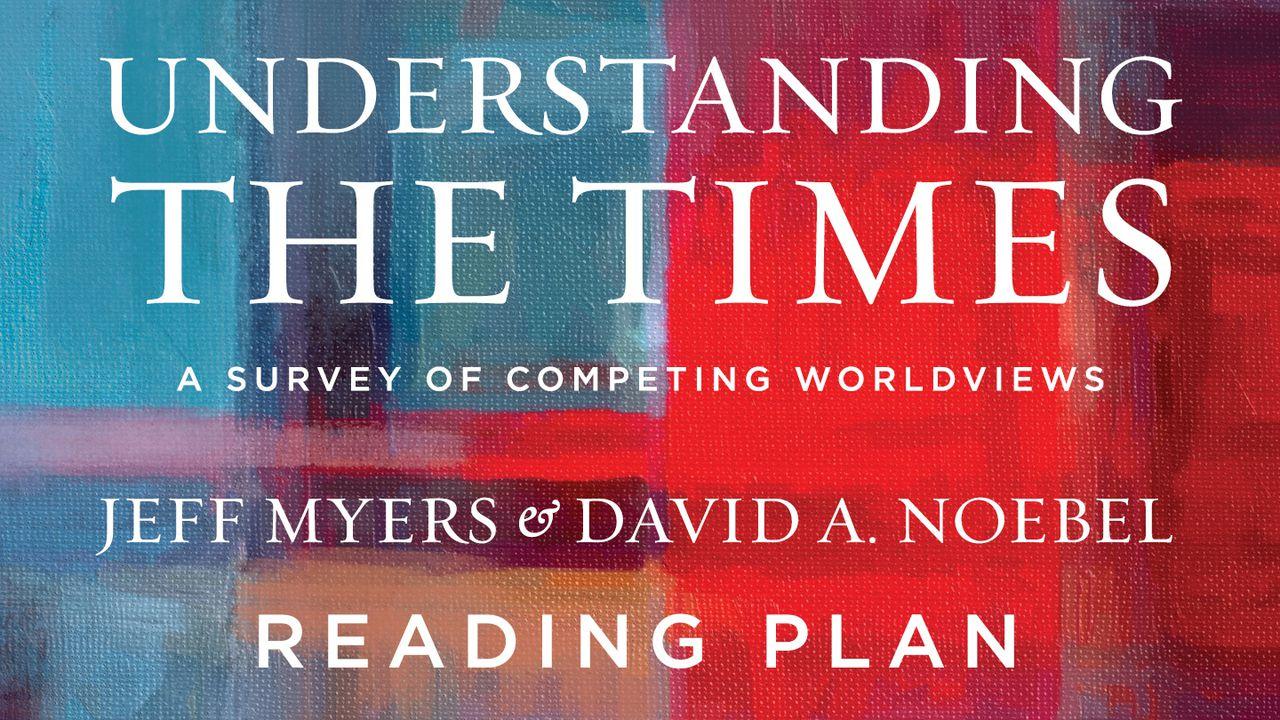Worldviews 101Exemplo

Ideas
Ideas have consequences. They form our beliefs, shape our convictions, and solidify into habits.
There are hundreds of different worldviews. Is it possible to know which of them, if any, is actually true? If you look in the religion section of a bookstore you’ll see books on Christianity and Islam, of course, but also on Confucianism, Buddhism, Taoism, Hinduism, Vedantism, Jainism, Shintoism, and many others. Each religion attempts to explain what the world is like and how we should live. You’ll also notice books on “secularism” and “atheism” in the religion section. This might seem odd, but when you think about it, even atheists have a set of beliefs about the cause, nature, and purpose of the universe. They’re religions. Even people who don’t care about any of this are religious; their religion says the ultimate questions don’t matter. All worldviews are religious.
If everyone is religious we would expect their beliefs to lead to certain actions. C.S. Lewis put it this way:
We are now getting to the point at which different beliefs about the universe lead to different behavior. Religion involves a series of statements about facts, which must be either true or false. If they are true, one set of conclusions will follow about the right sailing of the human fleet, if they are false, quite another set.
Here’s where we are so far. All people try to make sense of the rules of the world by developing ideas. These ideas flow in patterns, which we call worldviews. People’s worldviews lead them to value certain things, which lead to particular convictions governing their behavior. These convictions solidify into habits that affect the way they—and others—live.
Escritura
Sobre este plano

Everyone has a worldview, but what does that mean in today's world of skepticism and doubt? Taken from Summit Ministry's completely rewritten "Understanding the Times."
More
Planos Relacionados

When One Person Says ‘Yes’ to God

God’s Kind of Christmas

Devotions for Deconstructors, Disciples, & Doubters by Dr. Jason Lee McKinney
Two Year Chronological

The Gratitude Muscle! A 5 Day Challenge

Sabbath in the Psalms

Confidence in Christ

Praying for Your Future Husband: Trusting God With Your Heart

The Power of the Gospel
